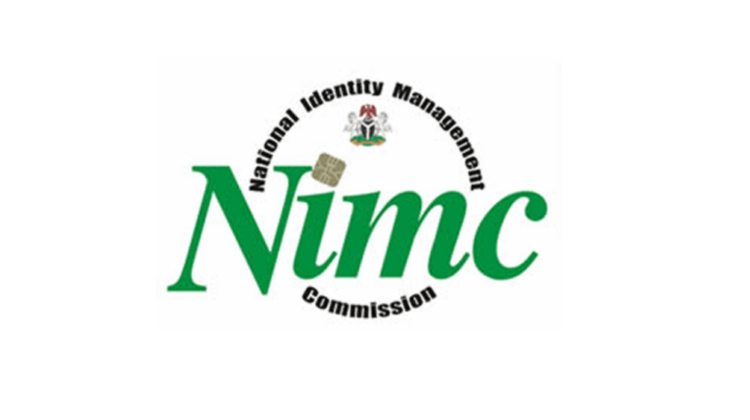The National Identity Management Commission (NIMC), the Nigeria Interbank Settlement Systems (NIBSS), AfriGO and other stakeholders, have mapped out strategies to launch the digital multi-purpose identity cards to drive financial inclusion and improve Nigeria’s Gross Domestic Product (GDP).
The multipurpose digital cards with multiple wallets will facilitate easy access to government services for Nigerians in all Ministries, Departments and Agencies (MDAs) of government as well as provide platforms for students to access government loans.
The Director General and Chief Executive Officer of NIMC, Dr. Abisoye Coker-Odusote, disclosed this on Friday at a press conference on improved National Identity Number (NIN) Card in Abuja, stressing that the Commission has so far enrolled 115 million persons in the ongoing enrollment process.
The NIMC boss was joined at the news conference by the Managing Director/CEO of NIBSS, Mr Premier Oiwoh, the Managing Director/CEO of AfriGO, Mrs Ebehije Momoh, and the Managing Director of Data Mining Company, Mr Femi Akande.
She noted that the new improved identity number was in line with NIMC’s mandate to enroll Nigerians and legal residents and issue them general multipurpose cards, adding that the card aims to address multiple uses of federal government and private sector interventions.
She pointed out that the biometric NIMC-enabled cards have other features to address the socio-economic needs of Nigerians, adding that the stakeholders were brought together to explain the different benefits associated with the digital cards to Nigerians and the general impact it would have on the economy.
Odusote-Coker explained that the multi-purpose cards would be available to citizens, home and abroad and legitimate residents who could use them for various transactions, especially payments of water and electricity bills, transportation services, and shopping, among others.
According to her the cards could be used offline and online to provide services for unbanked citizens in rural areas and bring on board those whose businesses required government support for survival, noting that with such opportunities, Nigerians would need no godfather to access government services and support.
She assured that the digital cards which come with various security features cannot be forged as the biometric information of owners are embedded in them, emphasising that they were made to address current needs of government to ensure that there are no ghost beneficiaries of government palliatives, loans and other benefits.
The multipurpose cards have given opportunity to Nigerian farmers under the Federal Ministry of Agriculture and Food Security (FMAFS) as many have embraced the digital cards for government services in areas of provision of agriculture loans, seedlings and other inputs that would improve food production and security.
Speaking on behalf of other stakeholders, the CEO of AfriGO, Mrs Ebehije Momoh, said the launch of the cards would change the narratives for the country’s economy as it would ensure that the flow of money remained within the economy.
Ebehijie Momoh described the improved ID as phenomenal coming to revolutionise the Nigerian Identify System. She said “We are enabling the G2P ecosystem where different NDAs and even state governments are partnering with us and NIMC and other partners to issue this G2P card to the otherwise excluded and vulnerable segments of the population so that they can participate effectively. With this new card, the government can identify them and support them more efficiently.
“The digital card is a domestic solution to drive financial inclusion and provide cost effectiveness and transparency within the systems. It would ensure data sovereignty and autonomy, and we all know that data is significant to improve our economy.
“This card will help reduce cost, especially dollars given to banks. Domestic payments are important to support welfare and social interventions services of the government, so it will help drive cashless policy and ensure that our monies remain within the economy.
“We have about 26 banks already issuing the cards and it is hoped that more would come on board. Nigeria is the first country to come up with this innovation, and surely it would enhance micro-medium enterprises across the country.”



